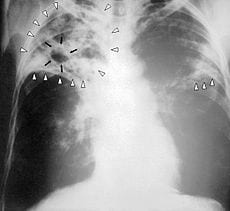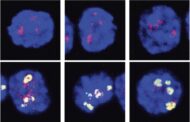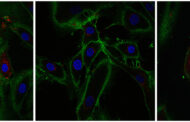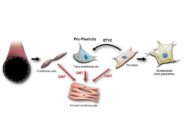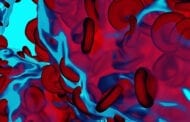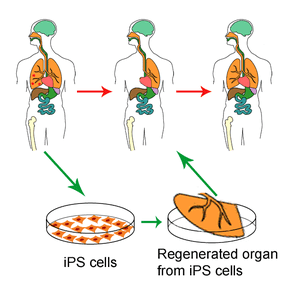
“It is like turning back the clock so these cells can thrive again.”
Damaged and aged heart tissue of older heart failure  patients was rejuvenated by stem cells modified by scientists, according to research presented at the American Heart Association’s Basic Cardiovascular Sciences 2012 Scientific Sessions.
patients was rejuvenated by stem cells modified by scientists, according to research presented at the American Heart Association’s Basic Cardiovascular Sciences 2012 Scientific Sessions.
The study is simultaneously published in the Journal of the American College of Cardiology.
The research could one day lead to new treatments for heart failure patients, researchers said.
“Since patients with heart failure are normally elderly, their cardiac stem cells aren’t very healthy,” said Sadia Mohsin, Ph.D., one of the study authors and a post-doctoral research scholar at San Diego State University’s Heart Institute in San Diego, Cal. “We modified these biopsied stem cells and made them healthier. It is like turning back the clock so these cells can thrive again.”
Modified human stem cells helped the signaling and structure of the heart cells, which were biopsied from elderly patients. Researchers modified the stem cells in the laboratory with PIM-1, a protein that promotes cell survival and growth.
Cells were rejuvenated when the modified stem cells enhanced activity of an enzyme called telomerase, which elongates telomere length. Telomeres are “caps” on the ends of chromosomes that facilitate cell replication. Aging and disease results when telomeres break off.
“There is no doubt that stem cells can be used to counter the aging process of cardiac cells caused by telomere degradation,” Mohsin said.
The technique increased telomere length and activity, as well as increasing cardiac stem cell proliferation, all vital steps in combating heart failure.
via American Heart Association

